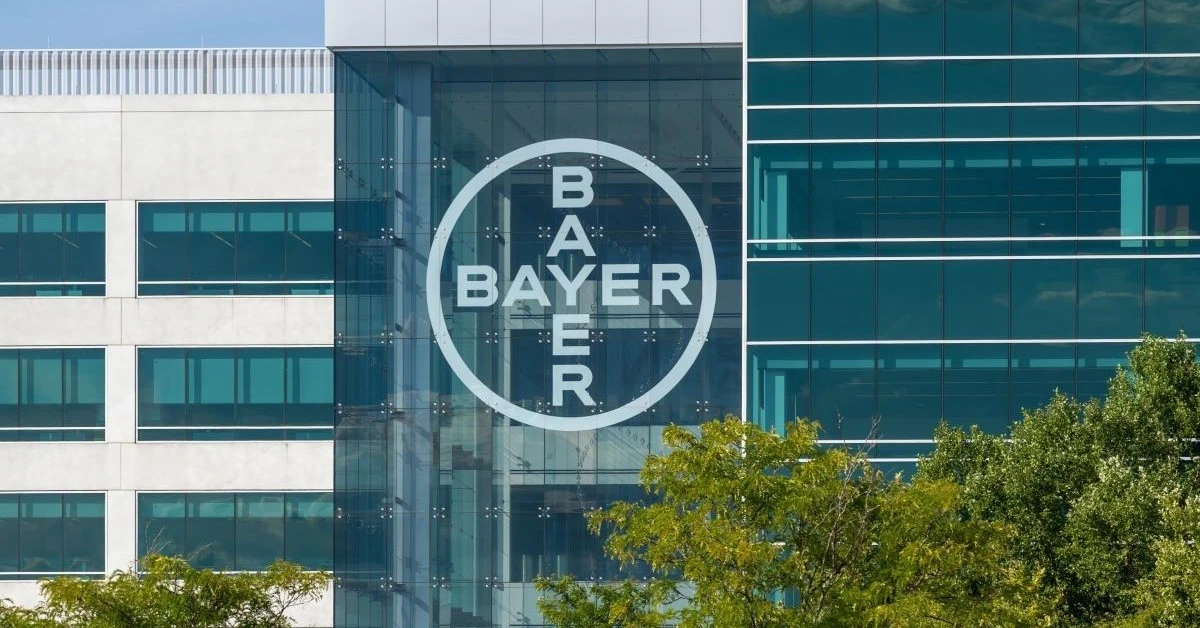
GERMANY – Bayer, a German pharmaceutical leader has entered a strategic partnership with U.S.-based MOMA Therapeutics to develop innovative small molecule cancer therapies.
This collaboration, which leverages MOMA’s KNOMATIC platform, aims to target dynamic proteins, an emerging class of therapeutic targets in oncology.
MOMA will receive an upfront payment and collaboration fee from Bayer, with additional milestone payments contingent on discovery, development, and commercialization outcomes.
Bayer will lead the program’s preclinical development, further advancing its oncology pipeline.
The KNOMATIC platform accelerates the discovery process by combining structural insights, advanced hit-finding technologies, and computational lead optimization to effectively target dynamic proteins involved in cancer progression.
Dynamic proteins represent a novel opportunity for cancer treatment due to their complex, stepwise conformational changes, making them vulnerable to small molecule therapies.
By harnessing the potential of these proteins, the Bayer-MOMA collaboration aims to create innovative treatments that can more precisely target cancer cells.
Juergen Eckhardt, Head of Business Development and Licensing at Bayer’s pharmaceuticals division, emphasized the significance of the collaboration, stating, “We are thrilled to partner with MOMA Therapeutics to explore the untapped potential of dynamic proteins in cancer treatment.
This strengthens our commitment to precision medicine, allowing us to address significant unmet medical needs.”
Expanding AI integration in oncology research
In addition to the MOMA partnership, Bayer has been actively pursuing artificial intelligence (AI) to enhance oncology research.
In March 2024, Bayer announced a collaboration with German AI company Aignostics to create a new platform that integrates AI-powered computational pathology and machine learning with Bayer’s expertise in oncology drug development.
The partnership aims to accelerate the identification of cancer targets and develop new precision oncology drugs by connecting pathology data with clinical outcomes.
Aignostics, a spin-off from Berlin’s Charité Universitätsmedizin, specializes in turning biomedical data into actionable insights through AI technology.
Viktor Matyas, CEO of Aignostics, highlighted the potential of the collaboration, stating, “Fusing our technology and multimodal data with Bayer’s extensive expertise in drug discovery and clinical development can generate better drugs for patients with high unmet needs in less time.”
By using AI algorithms and large patient datasets, Bayer and Aignostics aim to identify cancer targets with strong disease links, driving the faster clinical development of new cancer therapies.
Christian Rommel, Head of Research and Development at Bayer, added, “Bringing Aignostics’ technical know-how together with Bayer’s expertise will enable discoveries that help provide cancer patients with more impactful medicines.”
Pharma companies are increasingly integrating AI into research, with major players like Eli Lilly, Novartis, and Novo Nordisk forging AI-based drug discovery partnerships to advance treatment options for complex diseases.
XRP HEALTHCARE L.L.C | License Number: 2312867.01 | Dubai | © Copyright 2025 | All Rights Reserved